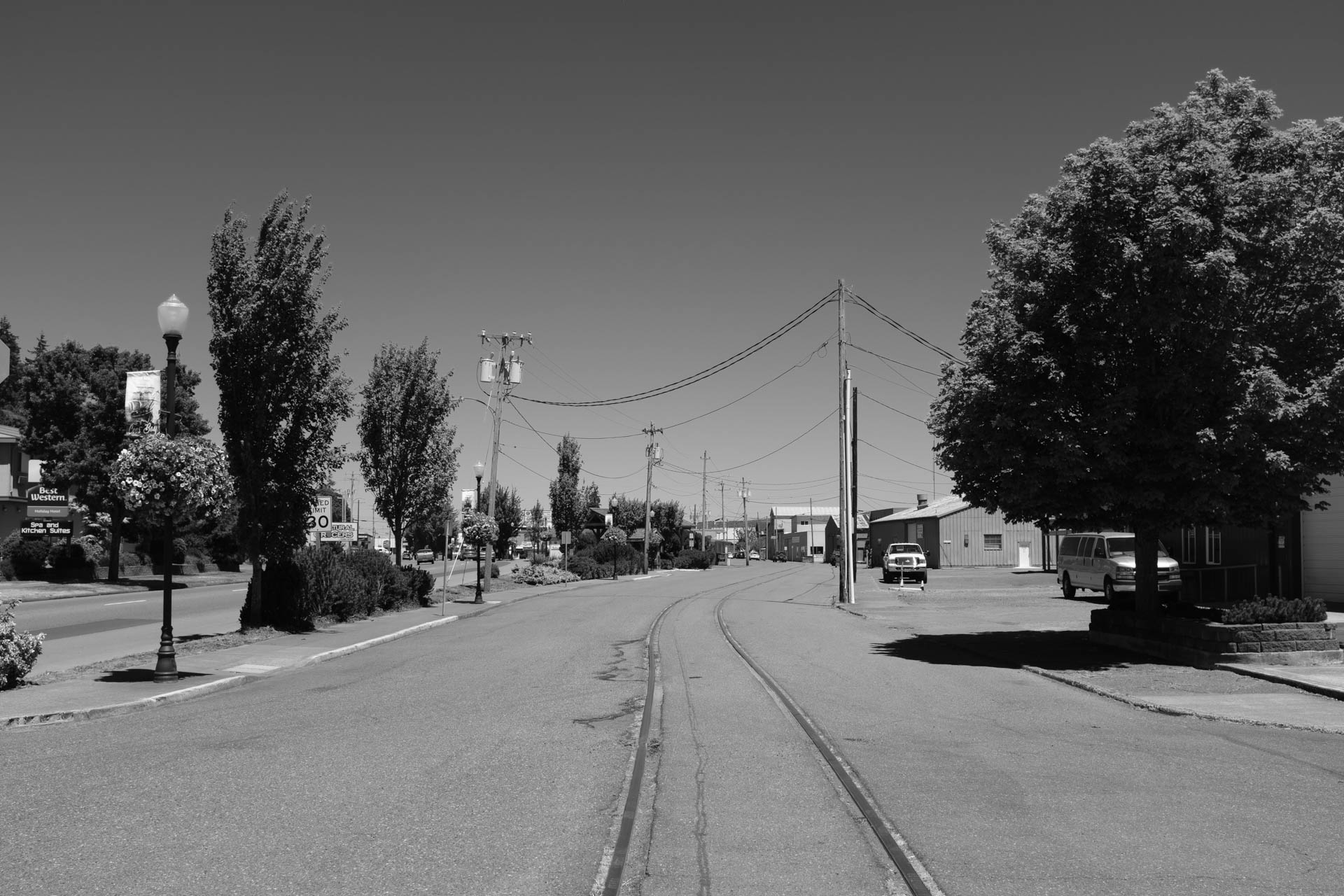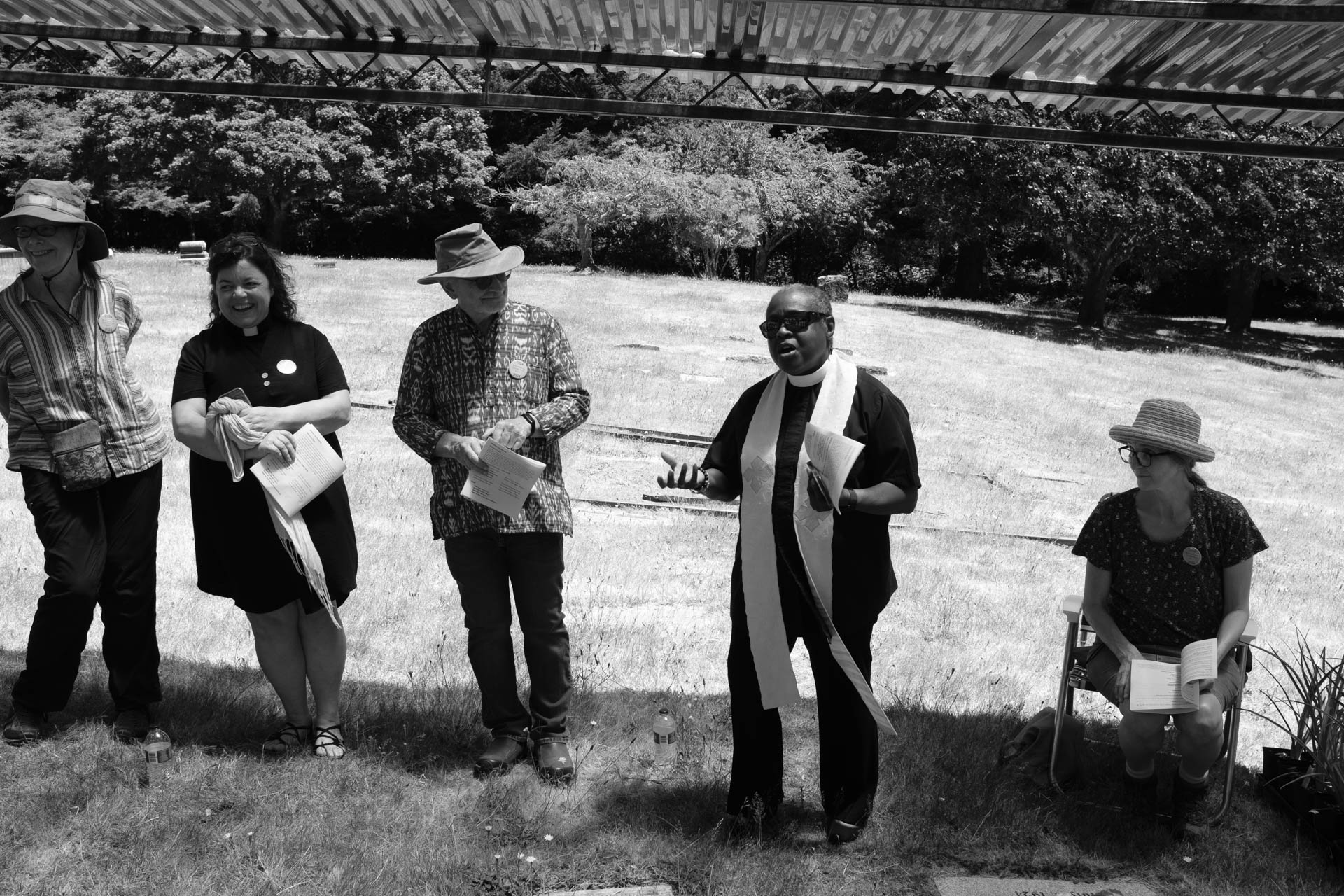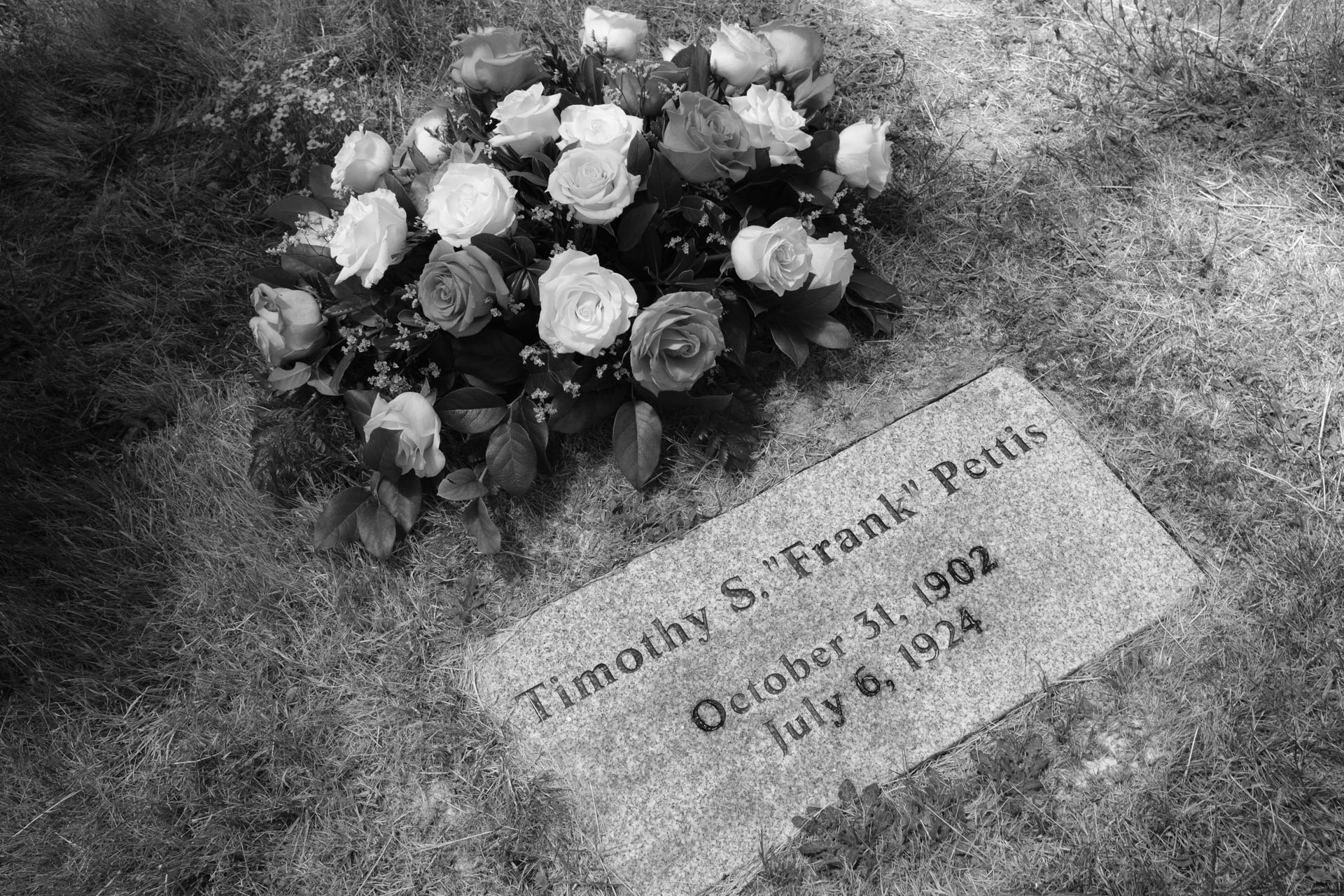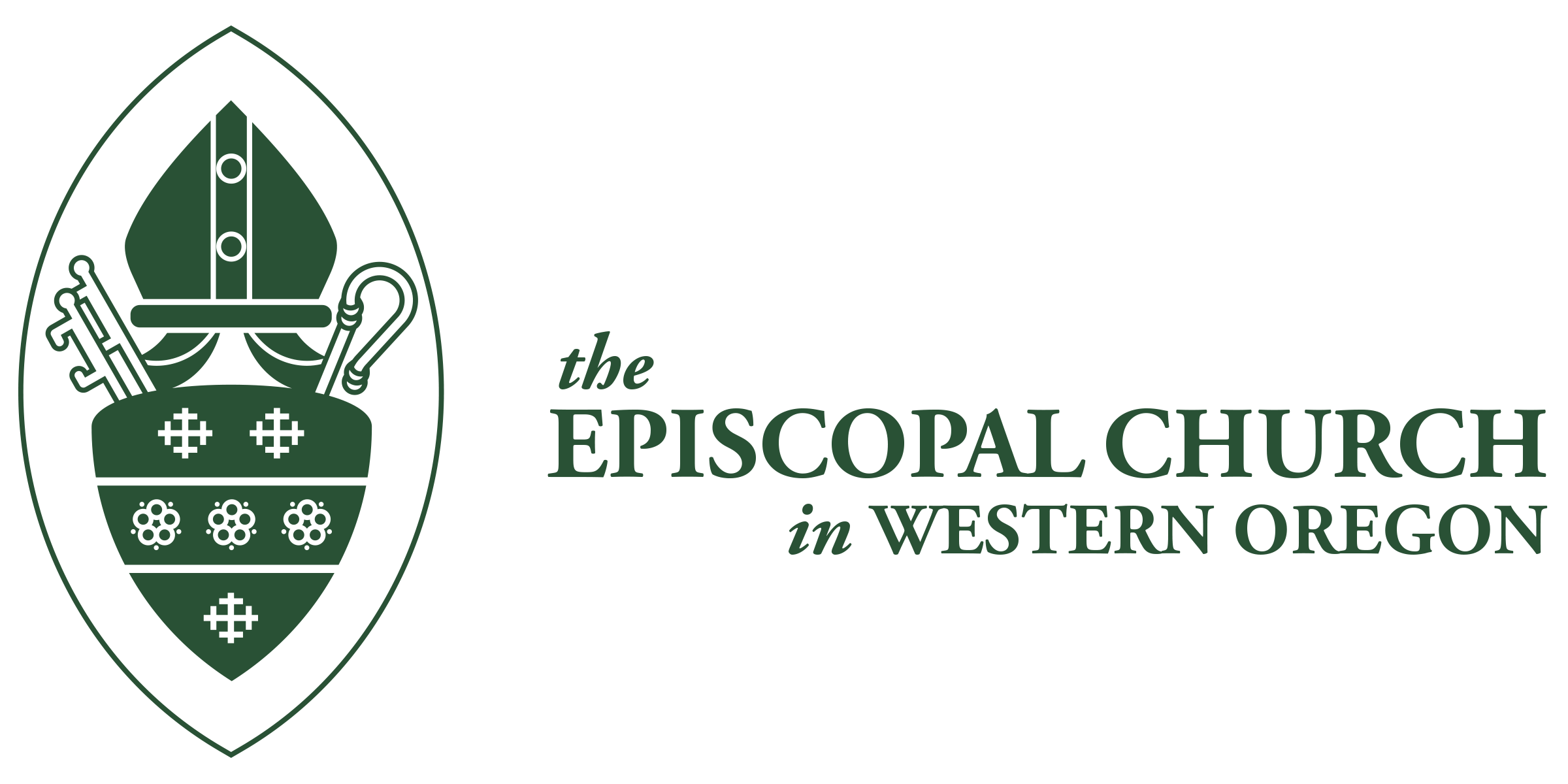On Saturday, July 6 at Sunset Memorial Park in Coos Bay, about two dozen people gathered around a new grave marker to honor and remember the life of Timothy Pettis. Though the grave marker was new, the tragedy underlying the gathering was not. Pettis was an African American man mutilated and killed in Coos Bay (then called Marshfield) one hundred years before to the day on July 6, 1924. His brutal murder remains unsolved.
Timothy Pettis was an African American World War I veteran who moved to Coos Bay, where he worked as a janitor for the Bank of Southwestern Oregon. Originally from Florida, where his father was a Baptist preacher and his mother and sisters were teachers, Pettis was newly married and working to build a life for himself living in an environment shaped by Oregon’s Black exclusionary laws. On July 6, 1924, he was accused of having a knife in a café, which led to a chase by the police. The last anyone saw of him he was running from the police south along the railroad tracks adjacent to the Isthmus Slough. His body was found days later in Isthmus Slough, castrated.

Timothy Pettis’s story was largely forgotten in the intervening decades until local community members, with encouragement and support from the Oregon Remembrance Project, Oregon Black Pioneers, Coos History Museum, Emmanuel Episcopal Church Coos Bay, and the Truth and Reconciliation Working Group of the Episcopal Diocese in Western Oregon came together to give him the memorial he never had. Though the quiet graveside service was unassuming, the emotions were powerful. Attendees grappled with questions of reconciliation and healing in the face of a legacy of racist terror. “We must love one another,” said Rev. Ernestein Flemister in her serene yet powerful homily. “We can only fight hate such as this with love.”

Afterward Rev. Flemister reflected, “The Timothy Pettis memorial was long overdue. He was buried but I think his spirit did not rest. What we did today was give his spirit peace, we let him know that he was loved, and that he mattered. It was an honor to be a part of the community that gave him his peace.”
Taylor Stewart, executive director of the Oregon Remembrance Project, was also in attendance. Between 2018 and 2021 Stewart helped Coos Bay memorialize Alonzo Tucker, Oregon’s most widely documented African American victim of lynching, and felt that it was important for him to support the community’s ongoing pursuit of truth, justice, and reconciliation through the Timothy Pettis memorial. Stewart says he hopes to launch a series of racial justice tours from the Portland area to Coos Bay to visit the Alonzo Tucker and Timothy Pettis memorials. He continued, “I’m grateful to have been able to experience these acts of historical reconciliation first-hand so that I can share this experience with Oregonians for years to come.”

The Oregon Remembrance Project continues its work to remember, repair, redeem, and ultimately reconcile Oregon communities with histories of racist violence.
Oregon Remembrance Project: oregonremembrance.org
Oregon Black Pioneers: oregonblackpioneers.org
Coos History Museum: cooshistory.org
Emmanuel Episcopal Church: episcopalcoosbay.org
Diocesan Task Forces: ecwo.org/task-forces
